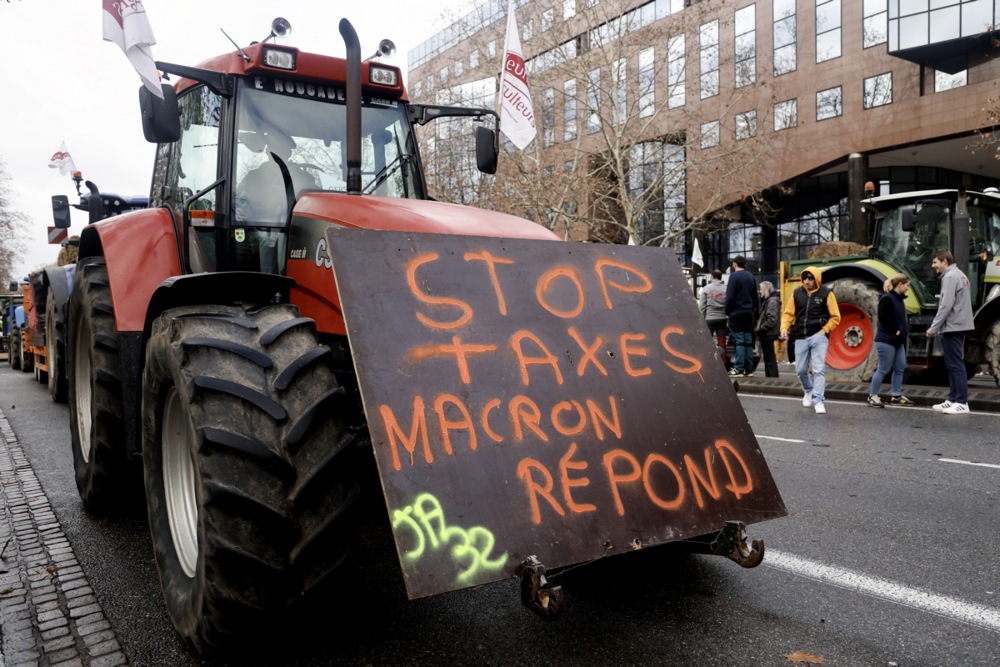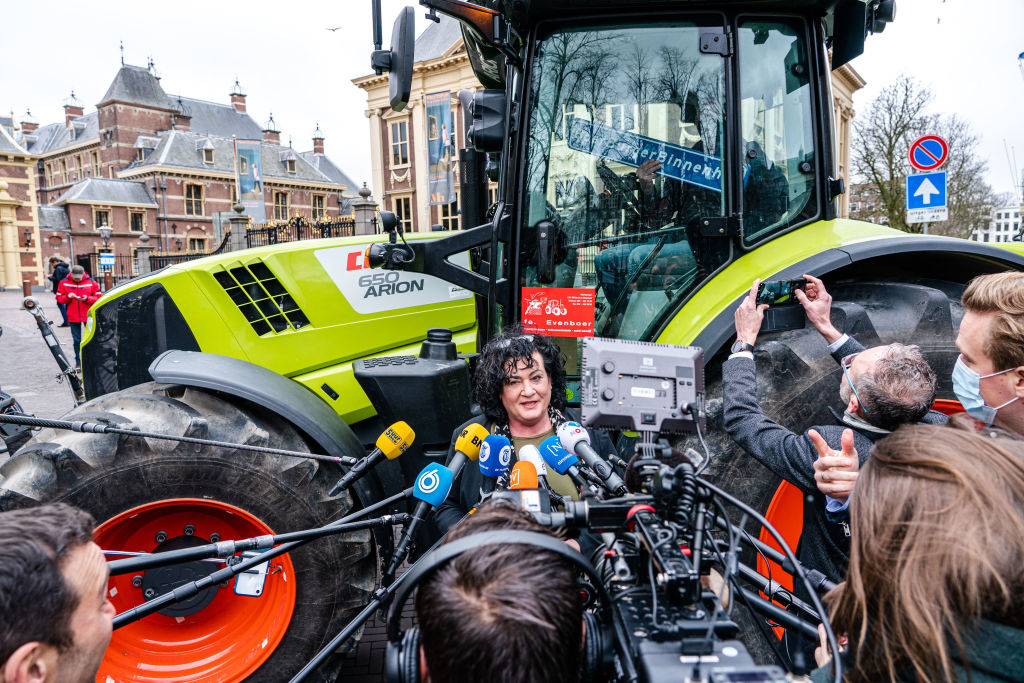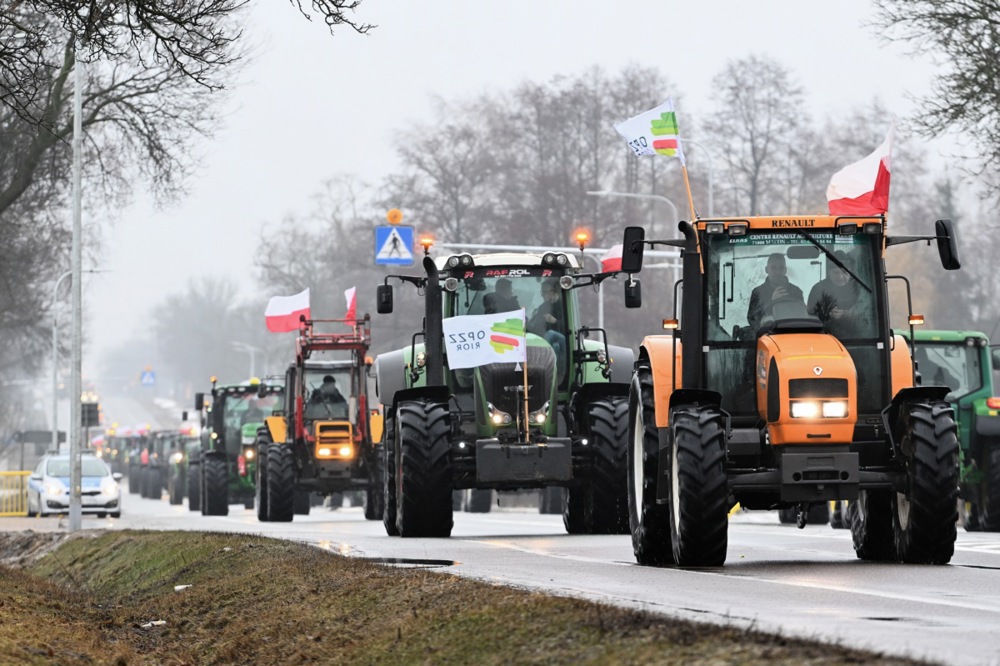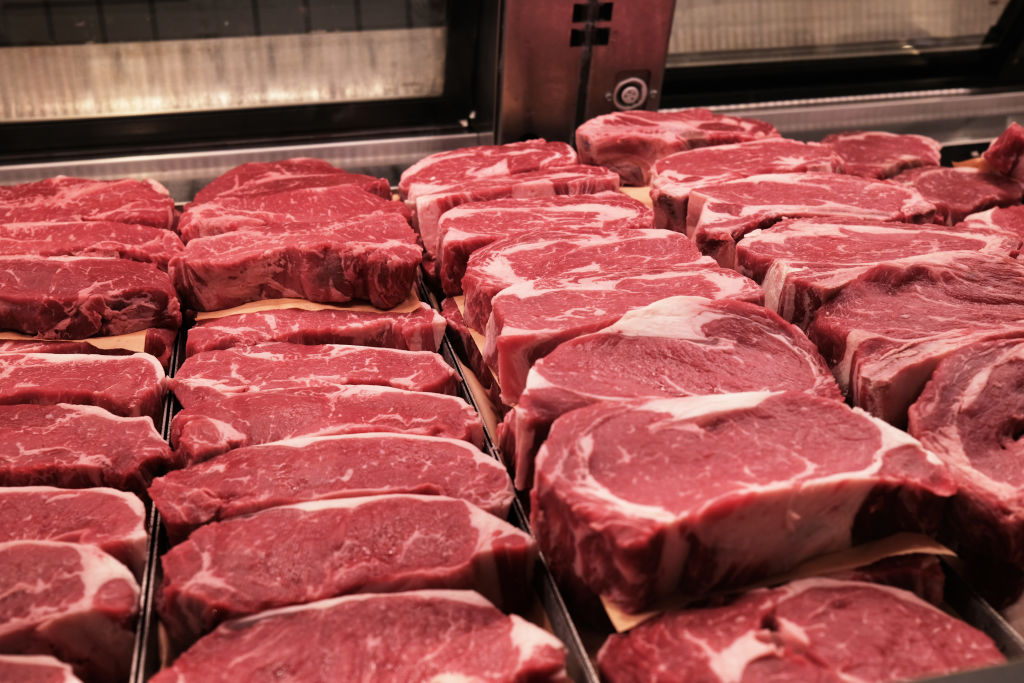Farmers in France have launched a “siege of Paris” after the country’s Government failed to roll back various “green” restrictions on the agriculture sector.
While French President Emmanual Macron’s administration on January 27 did commit to making several concessions to the protesters, ministers failed to remove European Union-backed environmental regulations the farmers are demonstrating against.
In response, the country’s National Federation of Agricultural Holders’ Unions (FNSEA) announced members would block major roadways across the country until their demands are met.
That includes the blockading of every major motorway artery in and out of the French capital.
“This historic mobilisation, which concerns all agricultural production and regions, shows the depth of the malaise and the inability of the executive to solve our problems despite the fine speeches,” said senior union official Cyrille Milard.
He added that the French Government had effectively forced farmers into the demonstration, arguing that such radical measures were now “the only way to make yourself heard”.
“Words of love are not enough. We want action, and immediately. In the meantime, we continue the mobilisation, this time around Paris.”
Maxime Buizard-Blondeau, another trade unionist involved in the protests, said they were likely to continue until the end of this working week unless the Government made more concessions.
“We plan to take turns [blocking the motorways] at least until Thursday, when President Macron is due to go to Brussels,” he said.
“He should obtain the suspension of the measure forcing us to fallow 4 per cent of our land this year,” Buizard-Blondeau continued.
“In addition, for the Breton and Norman colleagues who have stopped [livestock] breeding, we demand an end to the obligation to resow cultivated meadows.”
After the Dutch, Polish, Italian and German farmers, France’s paysans are in revolt. It will make a difference in June’s European elections, writes Anne-Elisabeth @Moutet. https://t.co/sadCWx1yhC
— Brussels Signal (@brusselssignal) January 25, 2024
The Government’s response to the demonstrations has been mixed.
In the wake of the protests being announced over the weekend of January 27, interior minister Gérald Darmanin mobilised 15,000 police and gendarmes, with the force being ordered to keep the demonstrations from “entering” the city of Paris.
He added that efforts would be made to prevent any protesters from disrupting trucks transporting foreign agricultural products into and through France, after raids on such vehicles took place over the past few months.
Other politicians were far less confrontational. Agriculture minister Marc Fesneau saying on January 29 he would be travelling to Brussels alongside Macron in the following days in the hope of airing the protesters’ concerns.
Both politicians will try to get Eurocrats to budge on the mandatory fallowing of land.
Many farmers have insisted that their demonstrations are meant to be largely symbolic and, while intersections will be blocked across the country, the road network should remain largely passable.
“Our target is not to annoy French people or to make their lives difficult but to put pressure on the government,” said FNSEA head Arnaud Rousseau.
The union also appears to have dissuaded farmers from blocking the Rungis International Market in Southern Paris. That is after it said disrupting the wholesale vending event would hurt French farmers more than help them.
While a sizeable police presence was deployed at the market to rebuff any protests, Le Parisien reports that few if any protesters ended up making an appearance.
A French rural party, set up with the support of President Emmanuel Macron to target the right-wing National Rally party, is facing trouble after a top figure left amid farmers’ fury against Paris. https://t.co/jQIWYpjm4M
— Brussels Signal (@brusselssignal) January 24, 2024





